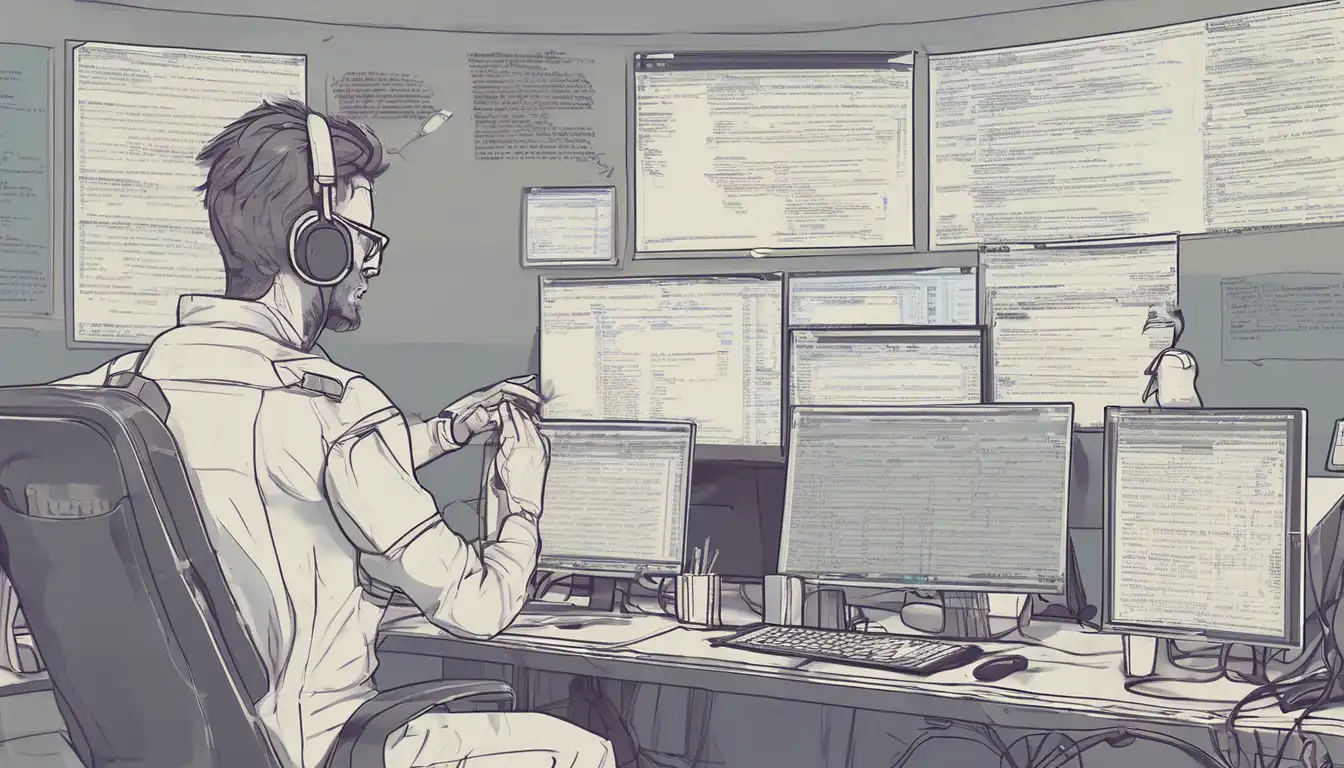Introduction to Professional Code Debugging
Debugging is an essential skill for any programmer, yet many struggle to do it efficiently. This guide will walk you through the steps to debug your code like a pro, saving you time and frustration.
Understanding the Basics of Debugging
Before diving into advanced techniques, it's crucial to grasp the fundamentals. Debugging is the process of identifying and removing errors from your code. These errors can range from syntax mistakes to logical flaws that affect the program's output.
Setting Up Your Debugging Environment
A proper setup can significantly ease the debugging process. Ensure your development environment includes tools like debuggers, linters, and version control systems. Familiarize yourself with these tools to leverage their full potential.
Step-by-Step Debugging Techniques
Follow these steps to systematically identify and fix bugs in your code:
- Reproduce the Bug: Consistently replicate the error to understand its conditions.
- Isolate the Problem: Narrow down the code section causing the issue.
- Inspect Variables and Flow: Use debugging tools to examine variable values and program flow.
- Implement a Fix: Apply a solution and test to ensure the bug is resolved.
- Review and Refactor: Look for similar issues and improve code quality to prevent future bugs.
Advanced Debugging Strategies
Beyond the basics, professionals use strategies like binary search debugging, where you divide the code to pinpoint the error, and rubber duck debugging, explaining the code line by line to an inanimate object to uncover mistakes.
Utilizing Debugging Tools and Resources
Modern IDEs and text editors come equipped with powerful debugging tools. Learn to use breakpoints, watch expressions, and call stacks. Additionally, online forums and documentation can provide insights into common and obscure bugs.
Preventing Future Bugs
Adopting best practices such as writing clean, modular code, conducting code reviews, and writing unit tests can significantly reduce the occurrence of bugs. Remember, prevention is better than cure.
Conclusion
Debugging is a skill that improves with practice and patience. By following the techniques outlined in this guide, you'll be able to tackle bugs more efficiently and write more robust code. For more tips on improving your coding skills, check out our programming tips section.
